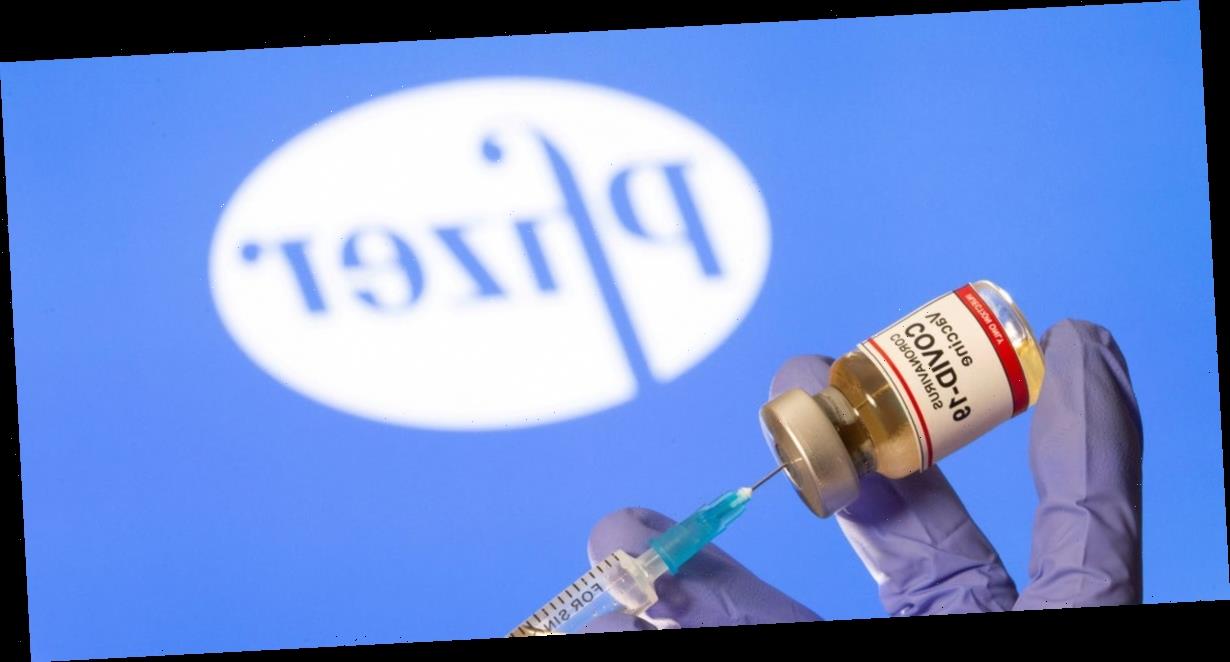- The Pfizer vaccine triggers a strong response against two prominent COVID-19 variants, per a new study.
- The variants — first found in the UK and South Africa — led to fears that vaccines might not work on them.
- The study appears to rebut that theory, but the results are preliminary and not yet peer-reviewed.
- Visit the Business section of Insider for more stories.
The Pfizer vaccine could protect against the new variants of the coronavirus, according to data from a new study cited by the Guardian.
The vaccine led to promising results when tested against two variants widely feared by health experts, one first found in the UK, and another first found in South Africa.
The study involved testing the vaccine using blood samples from vaccinated people, rather than studying the effects on the people themselves.
Scientists in Oxford exposed the samples to each of the virus variants. They used samples both from people who had received one dose of vaccine and from people who had taken both.
The data, published here, has not been peer-reviewed, which means experts will likely treat it with caution.
Nonetheless, it showed that after two doses of the vaccine, the immune response was substantial.
William James, an Oxford professor who worked on the data, told the Guardian that the response was “up at the sort of level that neutralizes the virus”
James said that his team is “pretty confident” that those who received two doses of Pfizer vaccine will be protected from infection by the variants, the Guardian said.
James continued: “This virus hasn’t finished evolving, but I think that as long as the vaccines get rolled out, and people get those second doses, we’re going to be in a much better position by the summer than we are now.”
One dose of the vaccine did boost the response to the virus, but not very strongly.
This suggests that it is “really important” that people get their second dose of the vaccine, Deborah Dunn-Walters, a professor of immunology at the University of Surrey, told The Guardian.
It data is encouraging, but it is likely that more data will be needed to determine whether how the Pfizer vaccine will fare against these new viruses.
A question that could change the course of the pandemic
Whether the vaccines will work against the new variants is an issue of intense concern around the world.
The vaccines were developed and tested when the new variants hadn’t yet emerged. Since then, the virus has been evolving.
New variants often involved changes to the spike protein region of the virus, which is the crucial segment which vaccines act against.
The fear is that mutations could mean that the vaccines cannot recognise the virus anymore, and could therefore no longer protect against COVID-19. It that case, new vaccines would have to be developed.
Read more: The latest COVID stimulus plan means big changes to Obamacare. Here’s how it could save millions of people money on health insurance.
Two of these variants, the South Africa and UK variants, are worrying experts.
The AstraZeneca vaccine seems to work against the UK variant, but data emerging from South Africa suggests that the vaccine would not protect against mild to moderate disease from the South Africa variant, as Insider’s Dr. Catherine Shuster-Bruce reported.
This is all the more concerning that both these variants are spreading quickly around the world. The variant first spotted in the UK is spreading across the US, and the variant identified in South Africa overtook other variants of the disease four US states including California, Gov. Gavin Newsom said on Wednesday.
As long as the virus can circulate among unvaccinated people, it will continue to mutate and potentially learn to evade the protection given by the vaccine being distributed at the moment, as reported by Insider’s Andrew Dunn, Aria Bendix, and Hilary Brueck .
Scientists are working on ways to get ahead of the mutations, including mixing shots of approved vaccines, and developing new generations of vaccines.
Source: Read Full Article
